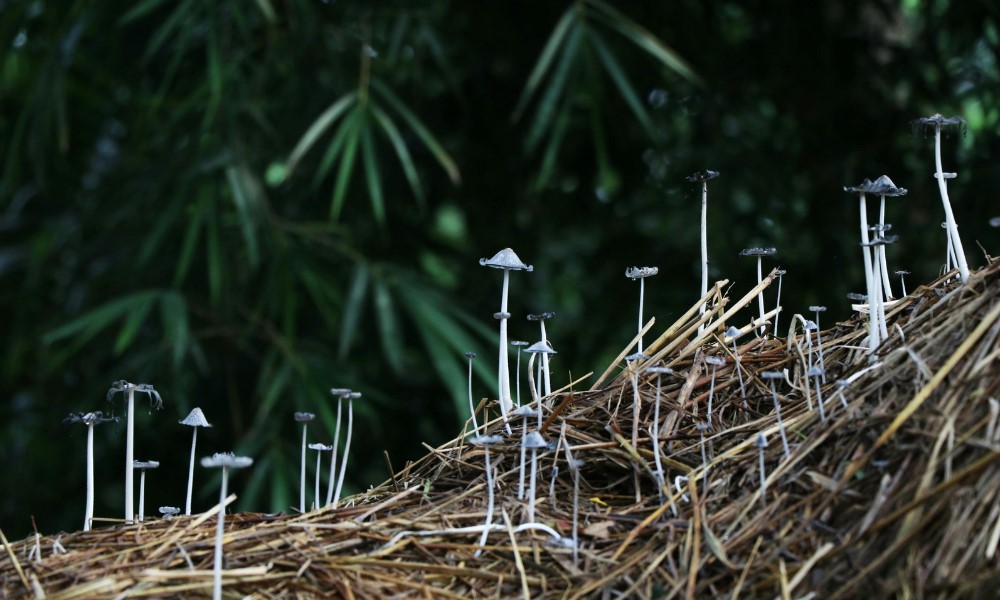
Psilocybin anti ageing is an emerging research field exploring how this natural compound could slow ageing and promote healthier, longer lives.
As the global anti-ageing market continues to grow – especially in the UK, where the sector generated around £2.5 billion in revenue last year – a new study from Emory University, Atlanta, is shining light on an unexpected contender in the longevity space: psilocybin, the natural compound found in psychedelic mushrooms.
Often studied for its psychological effects, psilocybin is now being investigated for something far broader: its potential to delay ageing and extend lifespan.
A Groundbreaking Study in Mice
In one of the first long-term studies of its kind, researchers administered psilocybin to ageing mice – equivalent in age to 60- to 65-year-old humans – over a 10-month period. Mice that received monthly doses of the compound showed a 30% increase in survival compared to untreated controls. Even more striking, these mice exhibited visible signs of healthier ageing: improved fur condition, less greying, and signs of hair regrowth.
But the benefits went beyond appearance. Psilocybin appears to act on several biological markers of ageing:
- Reduced oxidative stress
- Enhanced DNA repair mechanisms
- Maintenance of telomere length (a key indicator of cellular ageing)
- Telomeres protect chromosomes from deterioration and are linked to chronic illnesses such as cancer, cardiovascular disease, and neurodegeneration.
Implications for Healthy Ageing
“This study opens a new frontier for how psilocybin could influence systemic ageing processes, particularly when administered later in life,” says Dr Louise Hecker, senior author and now an associate professor at Baylor College of Medicine. “Even late-life interventions still yielded clinically meaningful benefits.”
The findings also come at a time when U.S. life expectancy continues to lag behind peer nations. While lifespan has improved elsewhere, the U.S. has seen only a modest increase – from 73.7 to 78.4 years between 1980 and 2022.
Beyond the Brain: A Systemic Effect
Though best known for its effects on mood and perception, psilocybin acts on serotonin receptors, which are found not just in the brain but throughout the body. This may explain its broader influence on cellular ageing.
A parallel study also demonstrated that psilocin – the active metabolite formed after psilocybin is consumed – boosted the longevity of human skin and lung cells by more than 50%, offering further evidence of its systemic potential.
Looking Ahead: From Psychedelics to Preventative Medicine?
Dr Ali John Zarrabi, co-investigator and Director of Psychedelic Research at Emory’s Department of Psychiatry, highlights the importance of balancing longevity with quality of life:
“These mice weren’t just surviving longer, they were ageing better. This is a crucial distinction when thinking about real-world application in older adults.”
As Emory continues its involvement in Phase II and III trials of psilocybin-assisted therapy for depression, these new findings suggest a broader therapeutic future for psilocybin; potentially as part of healthy ageing and palliative care strategies.
The bottom line: Psilocybin may be more than a mental health tool. It could be a key to unlocking healthier, longer lives.
Back to News + Insights